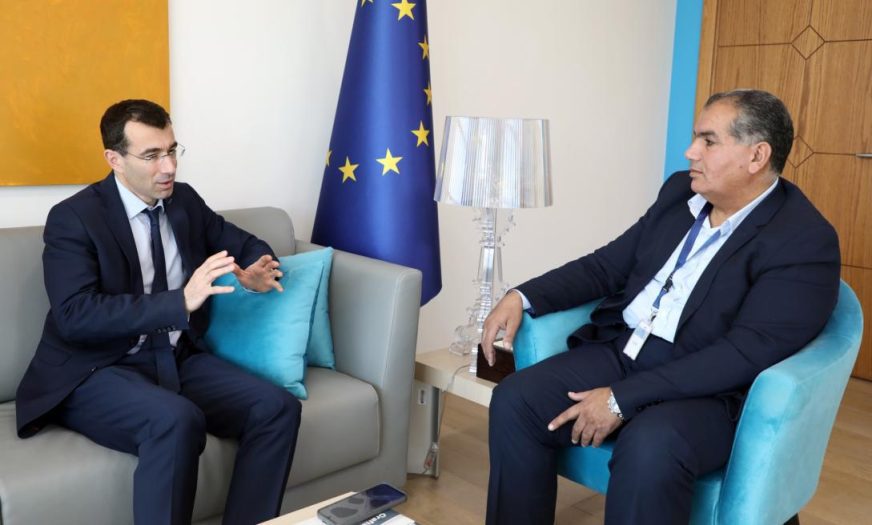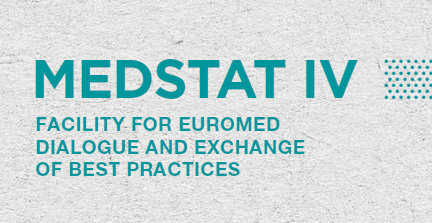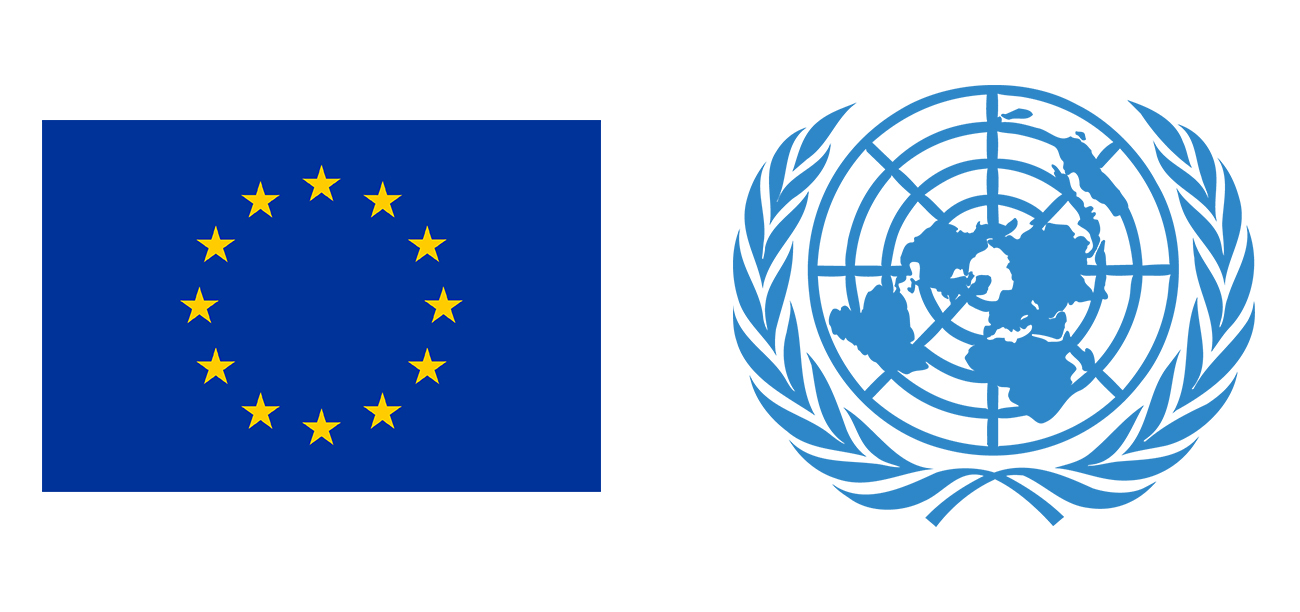EU Ambassador to Jordan: Forced Displacement of Palestinians Is a War Crime

In an interview with the Jordan News Agency (Petra), Chatzisavas stated that the two-state solution remains the only viable path to ensuring long-term security and stability in the region, reaffirming the EU’s unwavering commitment to this stance. Highlighting Jordan’s role, he described the Kingdom as a key ally and one of the EU’s closest partners in the southern neighborhood. He noted that bilateral relations, which have spanned decades, are built on mutual respect and benefit both sides.
He further stressed the significance of the EU-Jordan partnership agreement, which has been in place for over 20 years, noting that it is among the most advanced of such agreements and includes a free trade agreement. The two sides regularly seek to update and enhance this relationship every four to five years. He cited the most recent example as the July 15, 2023, meeting of the EU-Jordan Partnership Council, during which Foreign Minister Ayman Safadi, on behalf of the Jordanian government, formally requested an upgrade to a new comprehensive strategic partnership with the EU.
Over the past six months, the two sides worked extensively to redefine priorities and objectives, culminating in the signing of a comprehensive strategic partnership agreement on January 29 under the patronage of His Majesty King Abdullah II, Chatzisavas said. The agreement is structured around five pillars: politics, security, investment, human development, and migration.




























 Syria
Syria 





